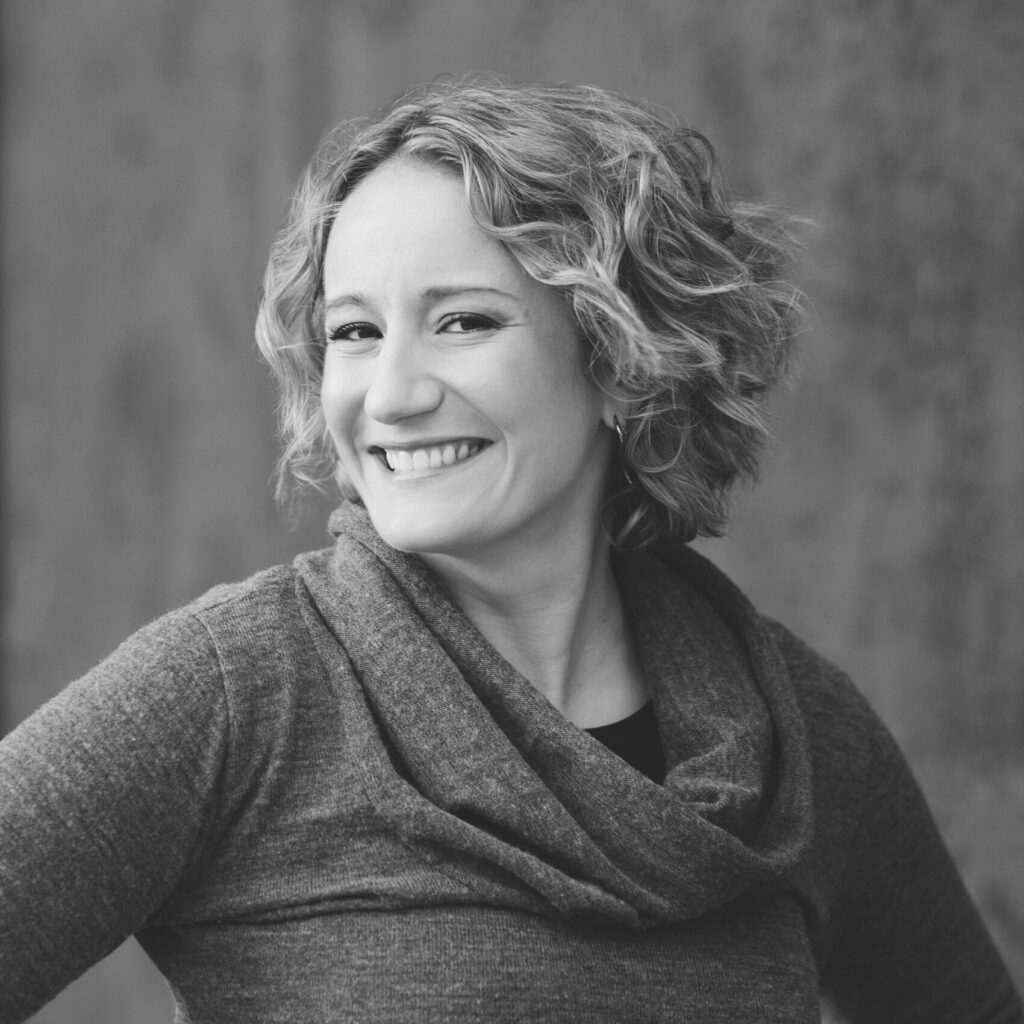danah boyd is the founder of Data & Society, a partner researcher at Microsoft Research, and a visiting distinguished professor at Georgetown University. Her research is focused on making certain that society has a nuanced understanding of the relationship between technology and society, especially as issues of inequity and bias emerge. boyd served on Data & Society’s Board of Directors from 2013 to 2023 and was board president from 2013 to 2022. She now serves the organization as an advisor.
boyd is the author of It’s Complicated: The Social Lives of Networked Teens, and has authored or co-authored numerous books, articles, and essays. She is currently working on a book about the 2020 US Census. She is an advisor to the Electronic Privacy Information Center and the Partnership for Public Service, and was previously a trustee of the National Museum of the American Indian, a director of the Social Science Research Council, and a director of Crisis Text Line. She has been recognized by numerous organizations, including receiving the Electronic Frontier Foundation’s Pioneer/Barlow Award and being selected as a 2011 Young Global Leader of the World Economic Forum. Originally trained in computer science before retraining under anthropologists, boyd has a PhD from the University of California at Berkeley’s School of Information.


